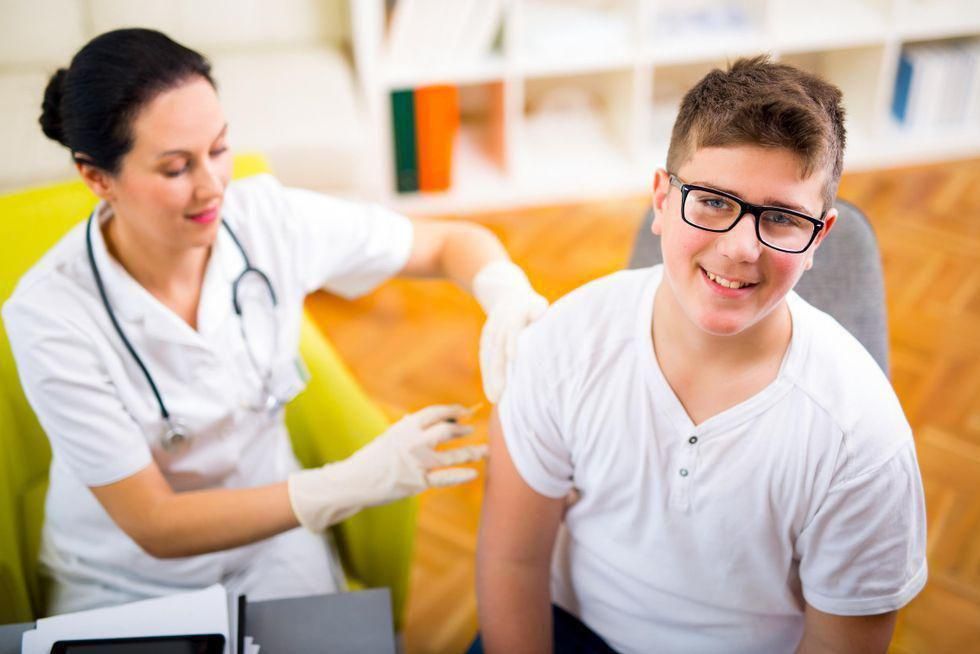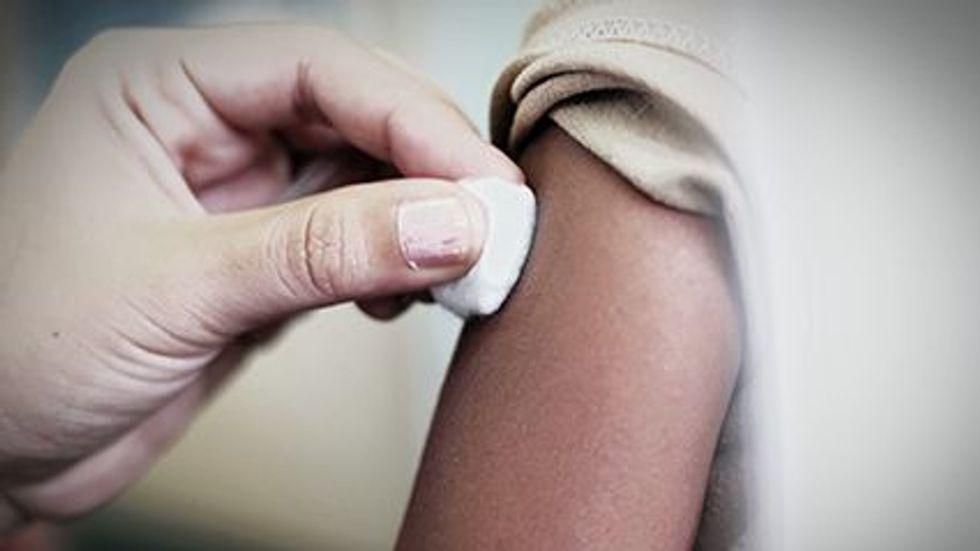
Surging coronavirus cases have prompted Los Angeles County to once again require people to wear masks indoors, even if they’re vaccinated. The nation’s largest county has had more than 1,000 new cases each day for a week, with more than 400 hospitalizations, the Associated Press reported. The new mask order will take effect just before… read on > read on >






























